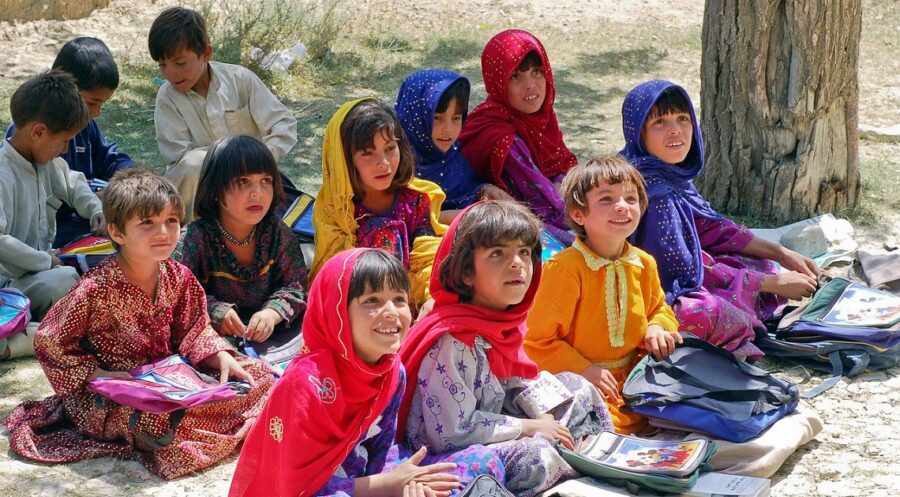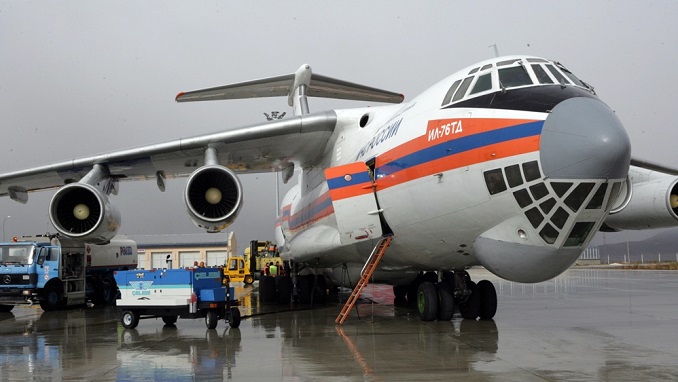Four top aid officials told media in New York on Monday that a UN-led group of humanitarians is hoping that the Taliban will lift the ban placed on Afghan women working with non-governmental organizations (NGOs) on the ground last month, a press release states.
Speaking on behalf of the Inter-Agency Standing Committee (IASC), they emphasized that women employees are absolutely necessary for the world’s largest humanitarian effort, which supports some 28 million people in Afghanistan.
In the wake of the directive forbidding Afghan women from working with local and international relief organisations, which was announced on 24 December, the officials reported on their mission to the country last week.
Days later, the de facto Taliban leadership gave women the go-ahead to resume working in the medical field.
A similar exception was created in the realm of education, however it was restricted to the primary level due to the exclusion of Afghan women and girls from higher education.
The IASC mission argued for exemptions in all areas of humanitarian assistance and expressed disagreement to the restriction in their talks with the Taliban, hoping that it would be lifted.
Martin Griffiths, UN humanitarian director and IASC chair, stated during a press briefing at UN Headquarters that they were informed that rules were being developed and asked to be patient.
This year, $4.6 billion will be needed to fund humanitarian efforts in Afghanistan.
Six million people are on the verge of famine due to three years of drought-like conditions, economic stagnation, and the effects of four decades of violence. This leaves about 28 million people, or almost two-thirds of the population, depending on aid.
According to Janti Soeripto, President and CEO of Save the Children, women make about 30% of the 55,000 Afghan citizens working for NGOs in the nation.



